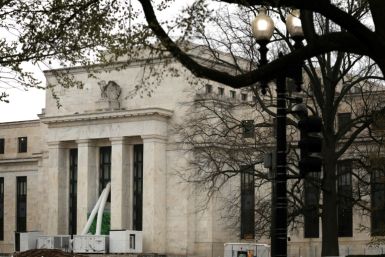Threats to Mining Sector Boom Will Come from MRRT, Not Low Investment
A day after Deloitte Access Economics warned that Australia's mining boom could end in the next two years, an economist said any decline would not be caused by lower levels of investment but by the mining tax.
"The resource boom has been driving the national economy for so long, and they're going to put the Mining Rent and Resources Tax on it while it's going through a slow period and there is weakness in international economy," Daily Mercury quoted regional economist Colin Dwyer.
The Deloitte report said the end of the mining boom could be due to the lack of planned large resources projects and decline of investments in the sector. The report was debunked by Mick Crowe, chief executive officer of G&S Engineering, a Mackay-based company.
"What's happening at the moment is a medium-term view of ... demand declining and the level of investment ... is dropping off," Mr Crowe told Daily Mercury.
"Boom is the wrong word - whether the expansion continues is due to demand, which is not declining in the long run. If we do not see significant decline in expansion of coal assets it will be due to increasing capital costs in our region," he added.
Federal Resources Minister Martin Ferguson and BHP Billiton Chairman Jac Nasser have made similar warnings in the past. BHP is even reviewing its multibillion-dollar investment plan for the Olympic Dam expansion because of dropping commodity prices amid higher cost of operating a business in Australia.
In particular, Reg Howard Smith of the Chamber of Minerals and Energy pointed to duplicate green red tape wherein companies have to apply twice from the state and federal governments for environmental approvals. Besides repeating the process, miners also have to pay twice, he pointed out.
Even if the Deloitte forecast would come to pass, Western Australia Treasurer Troy Buswell said the state would still be in a strong economic position. A CommSec report released Monday said that WA is Australia's strongest state.
Mr Buswell emphasised that there are other projects that are not yet approved such as the planned $35-billion liquefied natural gas venture at James Price Point and the Oakajee port and rail project in the Mid West which are expected to cushion any predicted decline in the mining sector.






